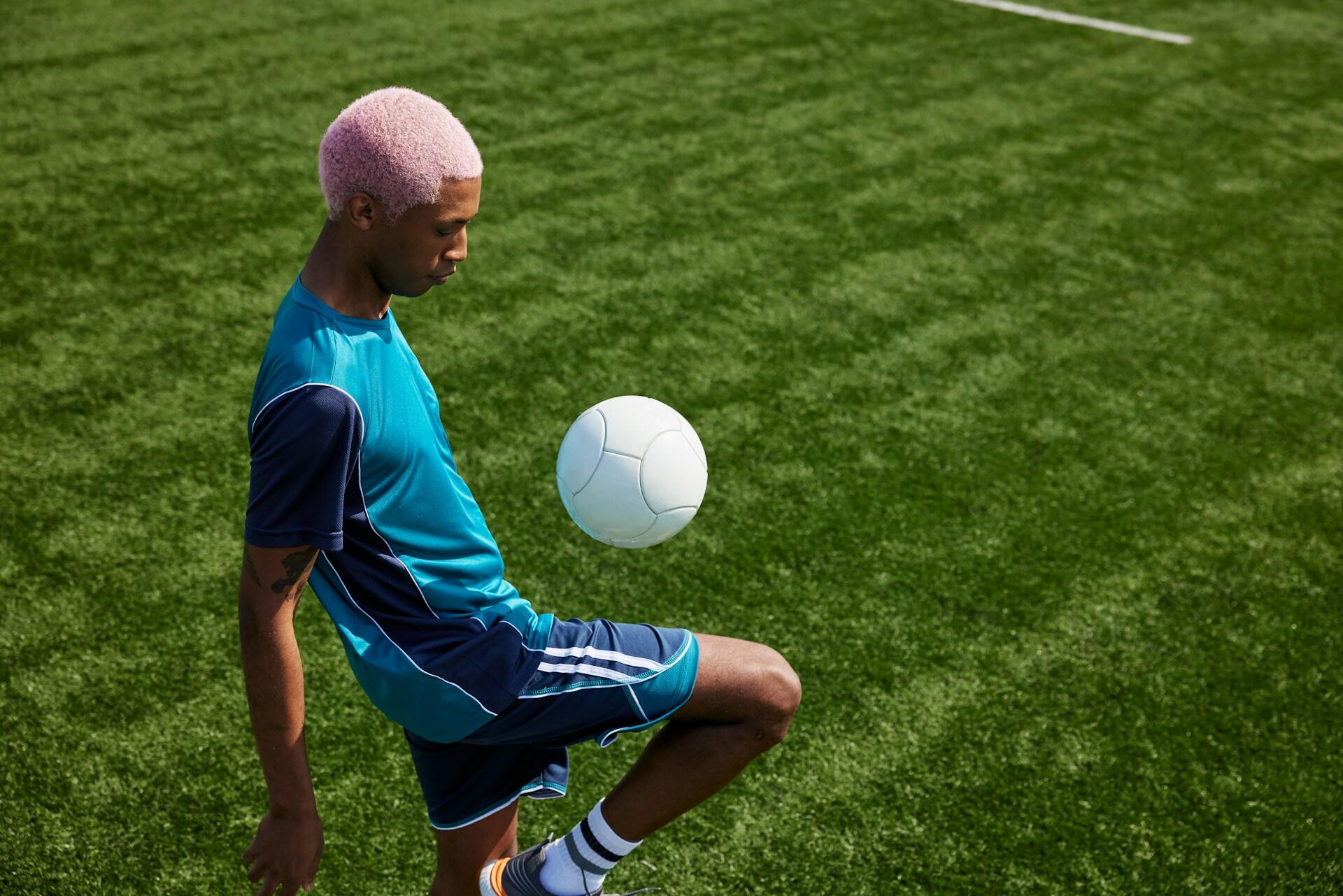Soccer is becoming one of the fastest-growing sports for kids in Canada. This guide explores the factors driving its popularity, the opportunities for young players, and the programs helping children develop skills and a love for the game.

Why Soccer is Growing Among Kids in Canada
In recent years, soccer in Canada has become one of the fastest-growing sports among children — and much of that growth comes down to accessibility. Unlike many sports that require expensive gear or specialized facilities, soccer is simple to pick up. All a child needs is a ball, a pair of cleats, and some open space. This low barrier to entry makes it appealing to families from all backgrounds and communities.
The excitement around global tournaments has also played a major role. Canada’s return to the FIFA World Cup, along with the anticipation of co-hosting the 2026 World Cup tournament, has sparked a nationwide wave of enthusiasm. Kids aren’t just watching these events — they’re joining teams, practicing in parks, and dreaming bigger.
This growing passion is being supported by more structured development opportunities. Whether it’s enrolling in a soccer academy in Canada or joining a local community program, young players now have clearer pathways to grow, compete, and thrive in the sport they love.
Grassroots Soccer Programs Across Canada
Across the country, kid soccer programs are creating more ways for children to get active, make friends, and fall in love with the game. From small towns to big cities, grassroots soccer initiatives are opening doors for kids of all backgrounds to get involved — often at little to no cost.
Beginner-friendly programs that teach kids soccer through play, building skills, confidence, and a love for the game - with no pressure, just passion.
Organizations like Canada Soccer support this growth through national programs such as Active Start and FUNdamentals, which introduce basic skills and teamwork in a fun, pressure-free environment. These initiatives are often delivered in partnership with local clubs and schools, ensuring access in communities from coast to coast.
Each province also has its own soccer association — like Ontario Soccer or BC Soccer — that coordinates local leagues, seasonal training camps, and tournaments tailored to different age groups and experience levels. For families looking to deepen their child’s development, enrolling in a soccer academy in Canada, such as Rush Canada Soccer Academy or Canadian Academy of Futbol, offers a more structured environment with certified coaching and long-term progression plans.
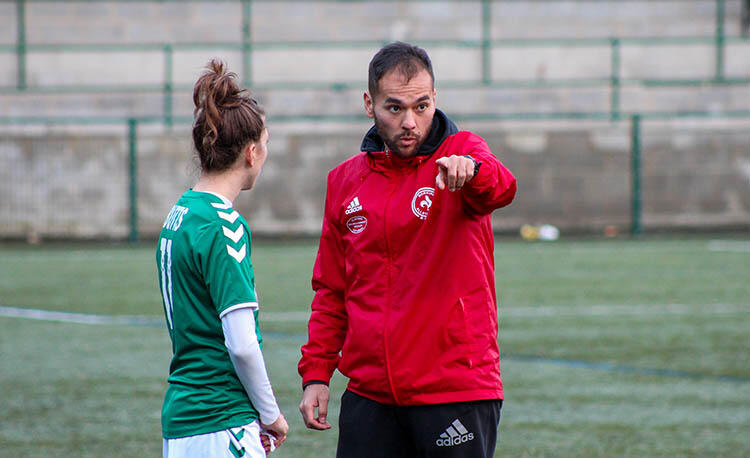
What’s especially encouraging is how many of these programs remain community-driven. Whether it’s a local club run by volunteers or a city-funded initiative, grassroots soccer reflects the inclusive and expanding nature of soccer in Canada — a sport that’s becoming part of everyday life for more and more families.

How Schools and Communities are Supporting Soccer
Schools across Canada are playing a growing role in promoting soccer among youth. From structured physical education programs to lunchtime scrimmages and after-school clubs, students are being introduced to the game in fun and accessible ways. These opportunities not only build skills and fitness, but also foster teamwork and a sense of belonging.
In many communities, special initiatives are helping ensure that cost and access aren’t barriers to participation. For example, Free Footie in Edmonton is a free after-school program that provides equipment, transportation, and coaching for kids who otherwise couldn’t afford to play.
Similarly, Canadian soccer clubs like North Toronto Soccer Club and Calgary Foothills partner with local schools and nonprofits to offer subsidized or no-cost programs, opening doors for children who may not otherwise have the chance to play.
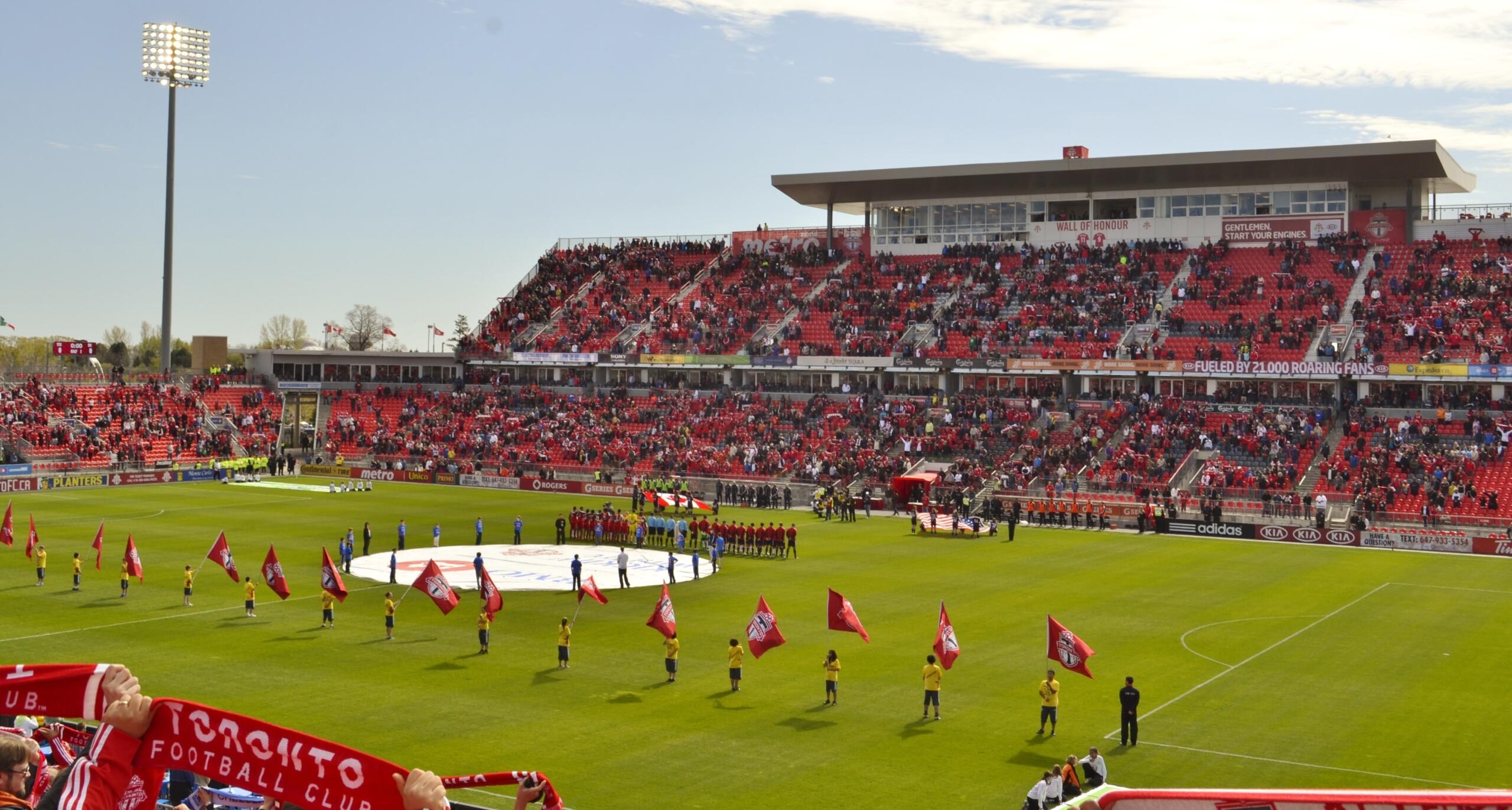
Local governments also play a key role. In Calgary, there are hundreds of public soccer fields available for booking, including high-quality facilities like the Calgary Soccer Centre, which features three outdoor FIFA 2-star certified turf fields with covered seating.
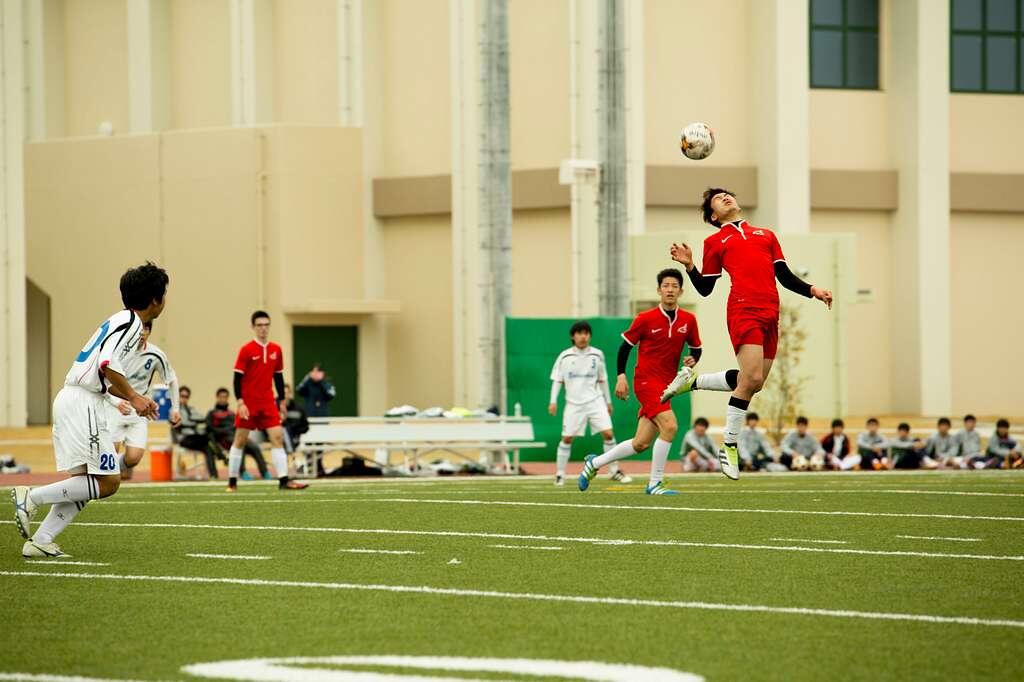
In Toronto, fields like Academy Soccer Field, Adams Park, and the 9,600-seat Allan A. Lamport Stadium support both formal and informal soccer programming. Vancouver offers fields at sites like Andy Livingstone Park, which features two full-sized pitches, and Carnarvon Park, among others.
These facilities support leagues, tournaments, and casual community play — keeping soccer active and accessible.
For older youth, the pathway continues into post-secondary institutions. University football in Canada — often referred to as U Sports soccer — offers both competitive and academic opportunities, showing students that soccer can be a part of their future both on and off the field.
Opportunities for Skill Development and Competition
For young players, the journey from local teams to elite competition is clearer than ever. Many start with recreational leagues or soccer for toddlers, where the focus is on fun and coordination. As they grow, players can progress into regional and provincial tournaments that offer higher levels of competition.
Talented youth may be invited to join development programs such as the Canadian Premier League (CPL) Academy, which provides top-tier training and a potential pathway to the professional level. These academies play a key role in shaping the next generation of Canadian soccer players.
Equally important are the coaches and mentors behind the scenes. Coaching clinics and mentorship programs across Canada ensure that young athletes get the guidance they need — not just to win games, but to grow in confidence and skill. As Christine Sinclair, captain of Canada’s women’s national team, once said:
I have learned more from my failures than my successes.
Christine Sinclair, captain of Canada’s women’s national soccer team
For those dreaming of a career on the field, understanding how to go pro in soccer in Canada begins with local programs that provide structure, visibility, and long-term development.
The Role of Diversity and Inclusivity in Youth Soccer
Soccer has long been celebrated as the world’s game, and in Canada, that global spirit is thriving on local fields. Youth soccer brings together children from a wide range of cultural, ethnic, and socioeconomic backgrounds, creating spaces where diversity isn’t just welcomed — it’s essential. In many communities, soccer is often one of the first touchpoints for immigrant families, offering a sense of belonging, familiarity, and connection.
Across Canada, there are countless stories of newcomers using soccer to build friendships and integrate into new environments. Parents volunteer as coaches or referees, children learn English through teamwork, and families form lasting bonds on the sidelines. For many, the sport becomes more than just an activity — it’s a bridge to community.
Recognizing the value of inclusivity, organizations are working to ensure that no child is left out due to financial or social barriers.
Many clubs offer donated or subsidized gear to make sure every child can play, no matter their family’s income.
Programs like Free Footie in Edmonton provide transport and operate right after school, removing barriers for working families.
Coaches often speak multiple languages or reflect the communities they serve, helping kids feel welcome and understood.
Local schools team up with Canadian soccer clubs to offer low-cost training and lunch-hour or after-school soccer clubs.
Provincial associations and grassroots campaigns bring soccer into neighborhoods where formal sports are less available.
Programs are emerging to offer free or low-cost equipment, subsidized registration, and outreach in underrepresented areas. Whether through grassroots clubs, school partnerships, or national campaigns, the goal is the same: to make soccer a welcoming, equitable experience for every child — regardless of background or circumstance.
Preparing For The Future: Soccer’s Impact on Kids
Soccer offers more than just physical activity — it helps shape confident, well-rounded individuals. From the earliest ages, soccer for toddlers introduces basic movement, coordination, and social interaction through play-based learning. It’s often a child’s first exposure to teamwork, patience, and problem-solving — all in a fun, low-pressure setting.
As children grow, soccer becomes a space where they can build strong friendships, develop leadership skills, and learn the value of commitment. Playing organized sports helps kids build confidence, stay engaged in school, and set goals that go beyond the game.
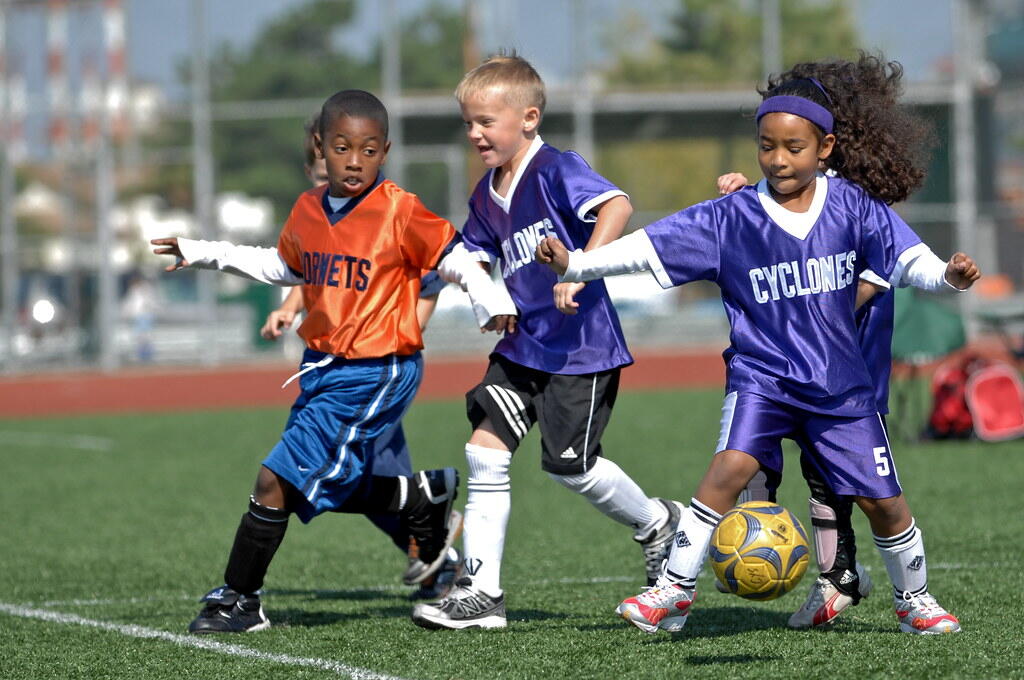
For those with bigger ambitions, understanding how to become a soccer player in Canada starts with consistent involvement in local programs and development pathways.
From community leagues to high-performance academies, opportunities exist for motivated players to climb the ranks. Many student-athletes continue their journey through university football in Canada, where U Sports programs offer competitive environments alongside academic support. These programs can open the door to athletic scholarships, national team selection, or even a professional career both as players, and in fields like coaching, physiotherapy, and sports management.
Parents play a vital role throughout this journey. Whether a child dreams of going pro or simply enjoys weekend games with friends, fostering a positive and encouraging environment is key. Support doesn’t have to mean pressure — it means cheering from the sidelines, prioritizing fun and development, and helping kids see their value beyond the scoreboard.
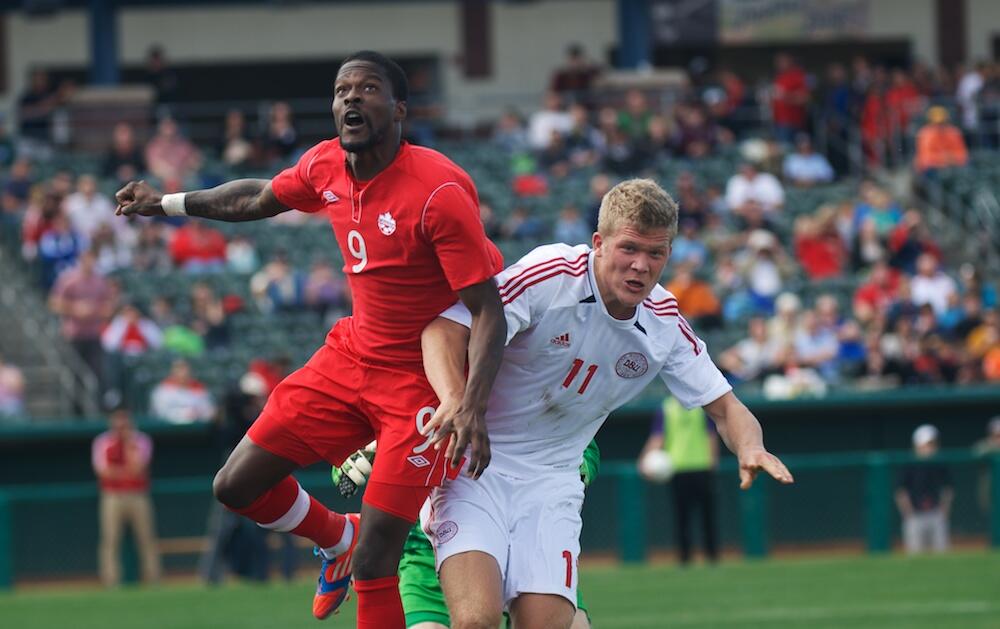
Moments like the one pictured — intense, competitive, and full of determination — remind us how far young players can go with the right support and opportunity.
In the end, soccer can shape more than strong athletes. It builds better teammates, stronger communities, and resilient young people equipped to chase their dreams — wherever they may lead.
Summarize with AI:

